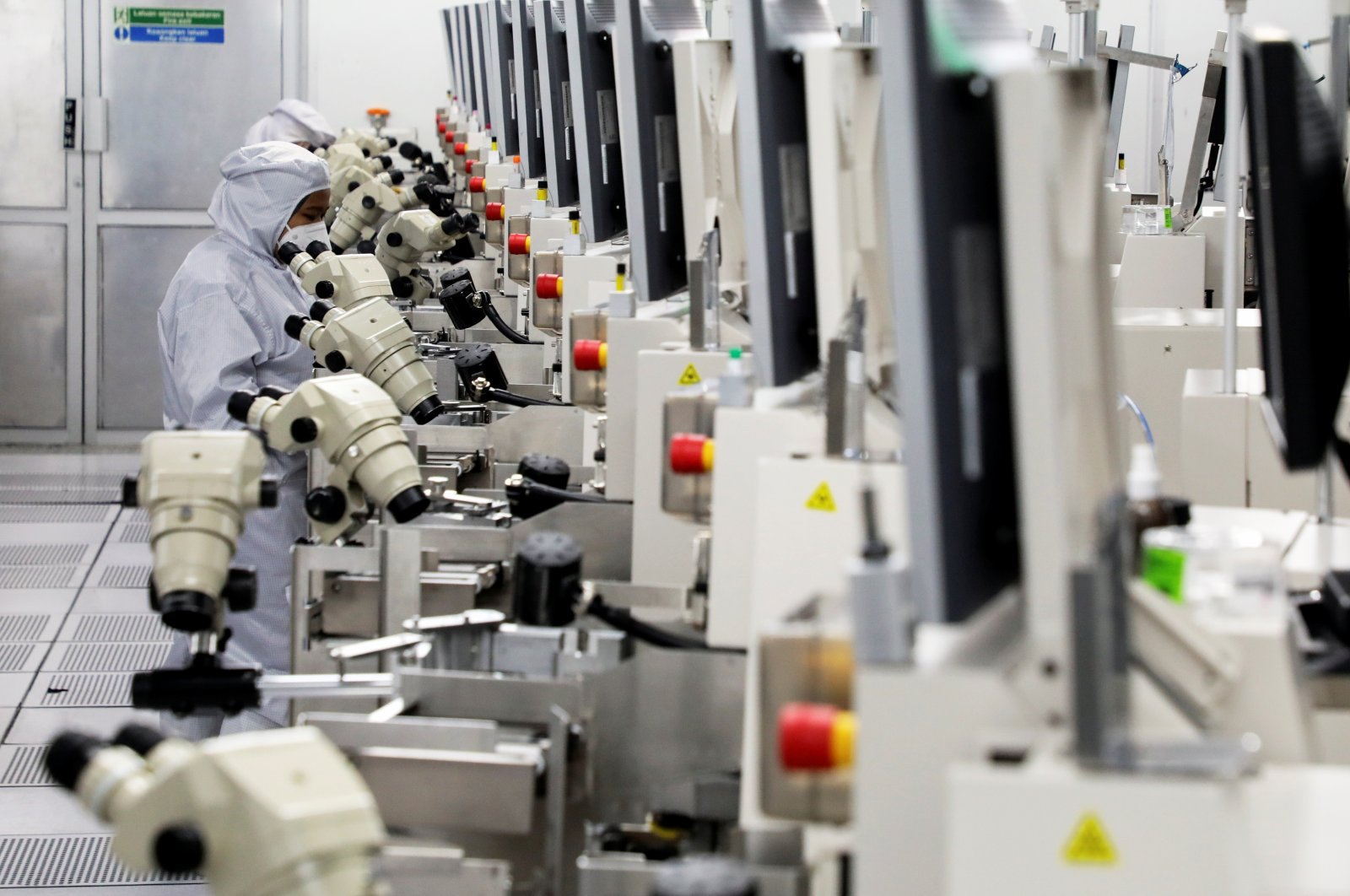In recent years, Malaysia has been making significant strides in its quest to become a formidable semiconductor hub in the global tech industry.
Ng Kok Tiong, a senior vice president at Infineon, with 34 years of experience in the semiconductor industry, highlights the unprecedented activity in Malaysia’s semiconductor sector. He points to a significant increase in traffic between Penang Island and Kulim, home to Malaysia’s first high-tech industrial park, as evidence of this boom.
The diversification of the supply chain has greatly benefited Malaysia, attracting numerous factories and prompting road expansions. Infineon is constructing a $7 billion silicon carbide chip production site in Kulim, set to be the world’s largest, emphasizing Malaysia’s importance as Infineon’s key manufacturing hub in Asia.
Malaysia, once known as “the Silicon Valley of the East,” is making a resurgence in the semiconductor industry. The country was an early leader in Asian chipmaking during the 1970s but lost ground to South Korea and Taiwan in the 1990s. Now, amid escalating U.S.-China tensions, Malaysia aims to regain prominence as the semiconductor industry seeks to diversify production.
Infineon and Intel are key players in this resurgence. Infineon is constructing a $7 billion silicon carbide chip production facility in Kulim, while Intel is investing $7 billion to establish Malaysia as its primary production base in Asia. Additionally, Intel is building its largest site for advanced 3D chip packaging in Bayan Lepas, Penang Island.
The influx of these investments is expected to have a ripple effect, attracting ecosystem suppliers and stimulating further investments, particularly in advanced technologies, contributing to Malaysia’s semiconductor industry revival.
Foreign direct investment (FDI) in Malaysia has surged to record levels in recent years, primarily driven by global tech and chip companies. In the first quarter of 2023 alone, Malaysia approved 71.4 billion ringgit ($15.25 billion) in FDI, more than double the total FDI recorded in 2019. The country is a significant hub for the final stages of chip production, holding a 13% share of the global market for packaging, assembly, and testing services. It ranks as the sixth-largest source of semiconductor exports globally.
However, Malaysia heavily relies on foreign chip players, such as Intel, NXP, Infineon, Texas Instruments, and Renesas, which have been present in the country since the 1970s. Malaysian chip packaging and testing service providers like Inari Amertron, Unisem, and Carsem have a smaller global market presence. Malaysia has not produced major chip manufacturers like Taiwan Semiconductors Manufacturing Co. or Samsung, nor does it boast top developers like Nvidia and Qualcomm.
Additionally, in 2020, the Malaysian chip industry faced challenges due to COVID-19-related lockdowns, leading to bottlenecks in semiconductor production.
Malaysia is positioning itself as an attractive destination for foreign chip companies due to its stability in geopolitics and low risk of natural disasters like earthquakes and typhoons. Several major players, including Jabil, Micron, Bosch, Western Digital, and Lam Research, are expanding their manufacturing presence in the region from Kulim in the north to the Batu Wakan Industrial Park in the south. DHL Express is also investing in logistics centers following the launch of direct cargo flights between Penang and Hong Kong.
Timothy Archer, CEO of Lam Research, identifies Malaysia as one of the three major chip production hubs in Asia, alongside Taiwan and South Korea. Intel’s A.K. Chong emphasizes Malaysia’s strategic location at the center of Southeast Asia and the English language proficiency of its workforce, further enhancing its appeal to global tech and chip companies.
(Source: Cheng Ting-Fang | Lauly Li | Nikkei Asia)









